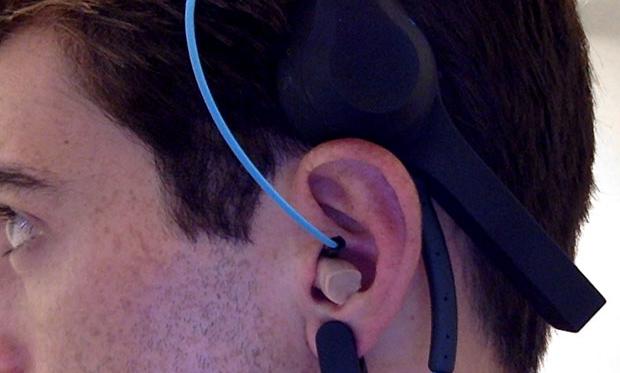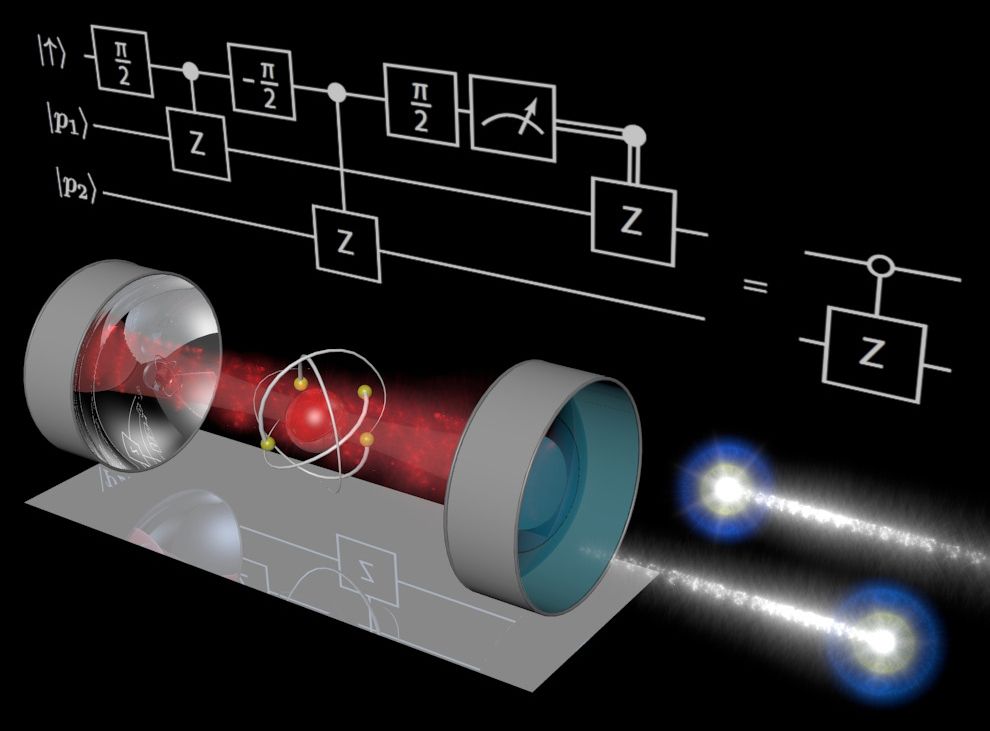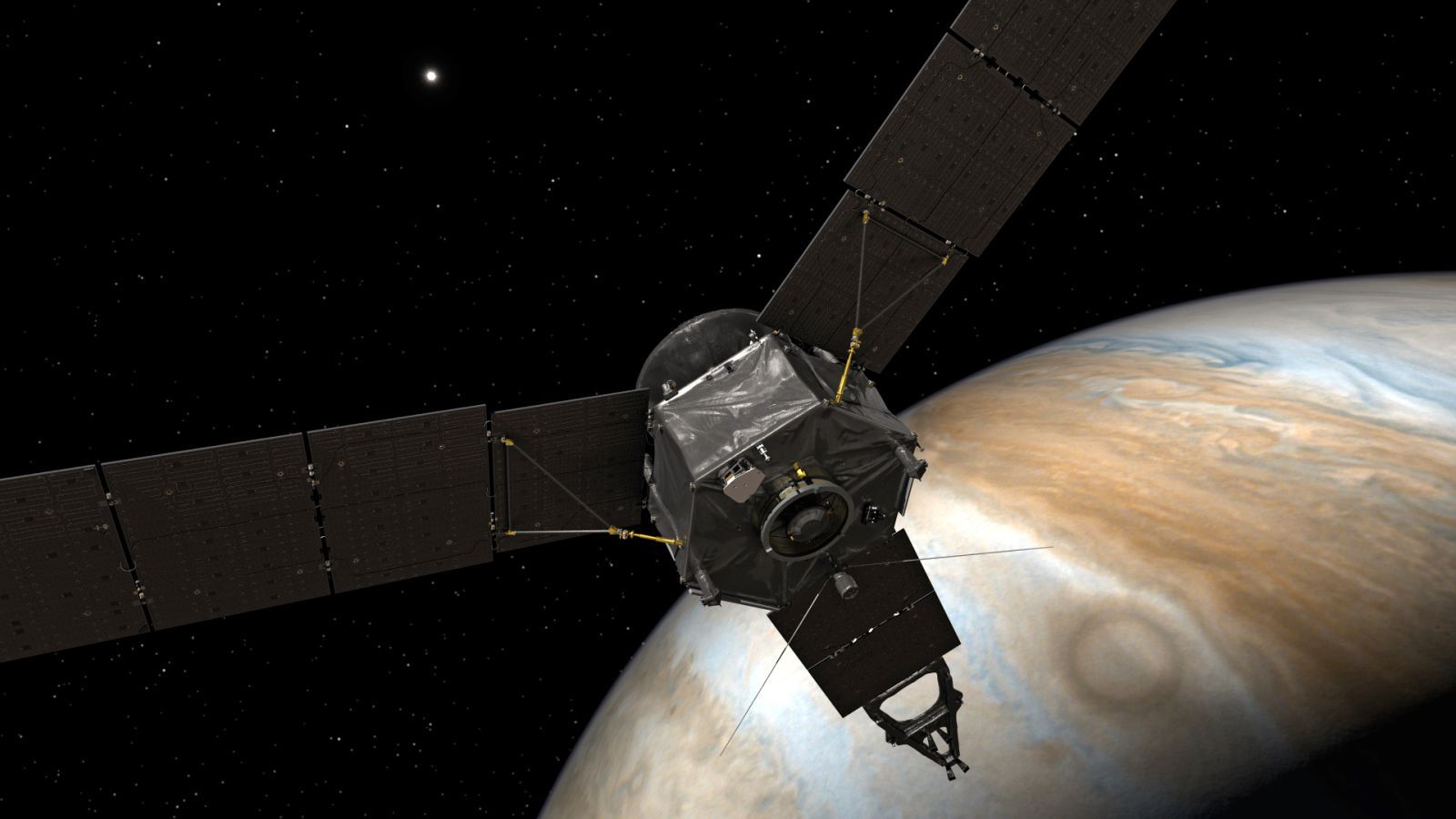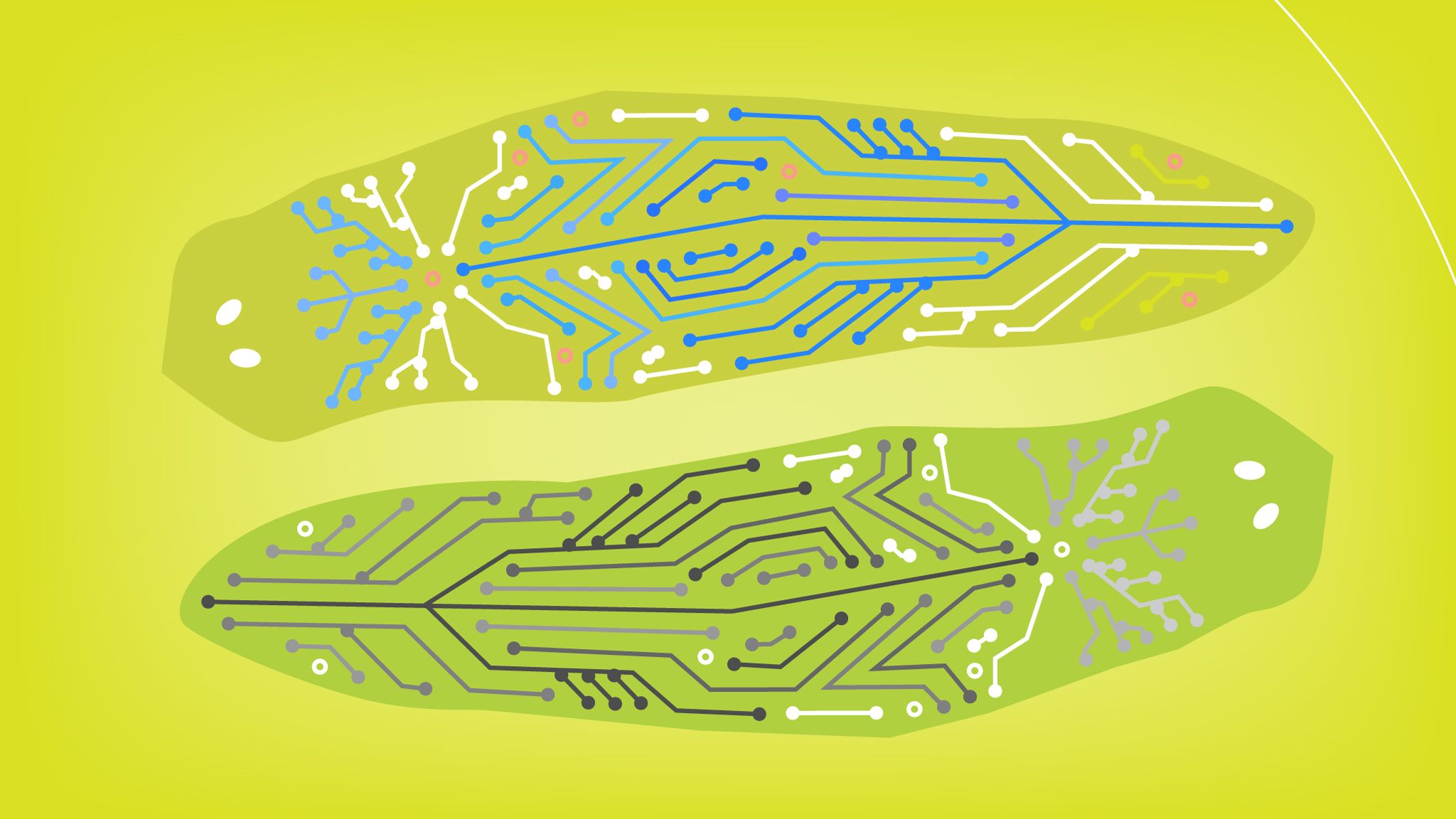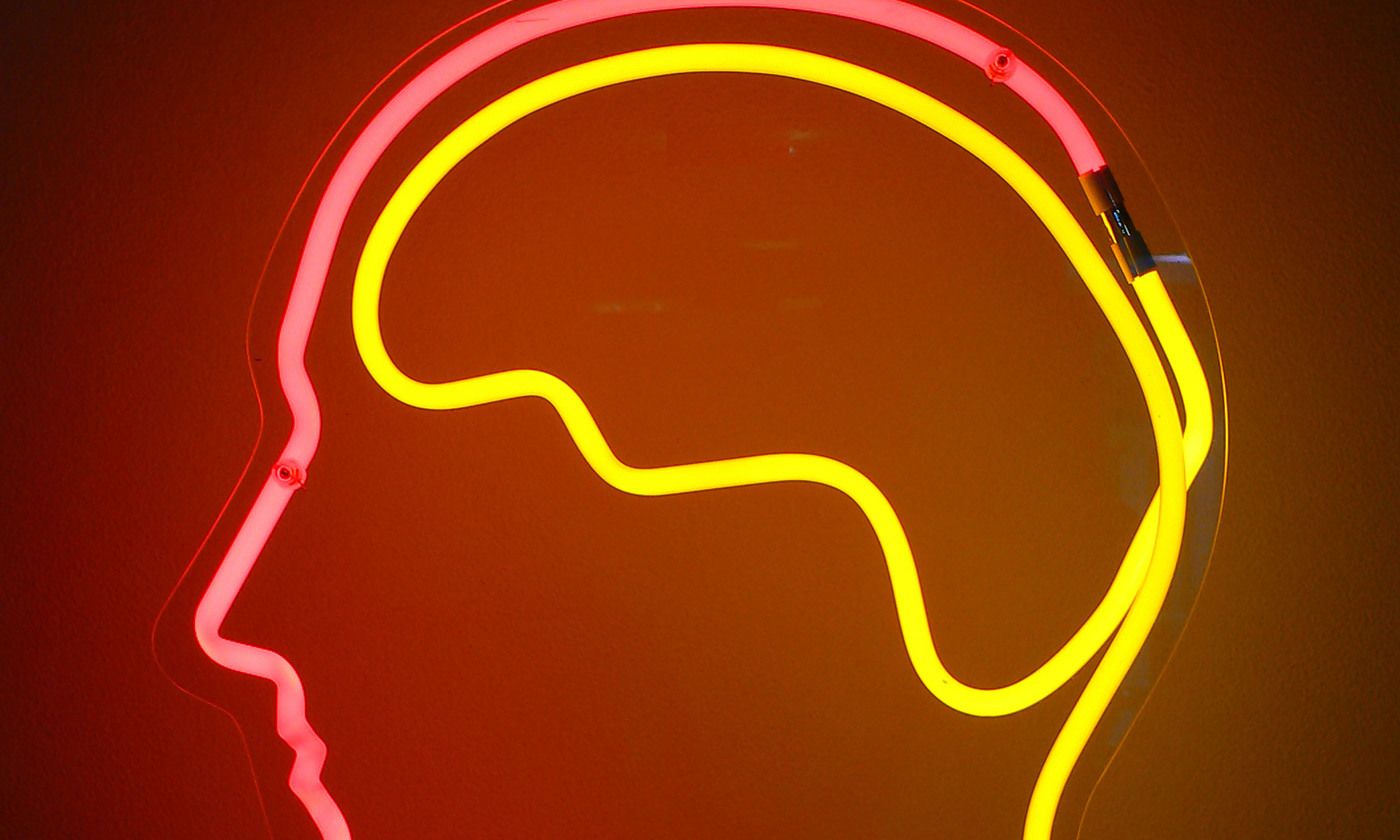
There is a lot of truth to this article especially as you look at how the mind responds/ reacts to situations, ideas, etc. has also other factors involved such as how a person overall immune system is responding, chemical balance of a person’s system, etc. So, this reconfirms that thinking and being human goes far beyond a replica of a brain in a system.
Where is your mind? Where does your thinking occur? Where are your beliefs? René Descartes thought that the mind was an immaterial soul, housed in the pineal gland near the centre of the brain. Nowadays, by contrast, we tend to identify the mind with the brain. We know that mental processes depend on brain processes, and that different brain regions are responsible for different functions. However, we still agree with Descartes on one thing: we still think of the mind as (in a phrase coined by the philosopher of mind Andy Clark) brainbound, locked away in the head, communicating with the body and wider world but separate from them. And this might be quite wrong. I’m not suggesting that the mind is non-physical or doubting that the brain is central to it; but it could be that (as Clark and others argue) the mind extends beyond the brain.
To begin with, there is a strong case for thinking that many mental processes are essentially embodied. The brainbound view pictures the brain as a powerful executive, planning every aspect of behaviour and sending detailed instructions to the muscles. But, as work in robotics has illustrated, there are more efficient ways of doing things, which nature almost certainly employs. The more biologically realistic robots perform basic patterns of movement naturally, in virtue of their passive dynamics, without the use of motors and controllers. Intelligent, powered control is then achieved by continuously monitoring and tweaking these bodily processes, sharing the control task between brain and body.
Continue reading “The mind isn’t locked in the brain but extends far beyond it” »

